- Vox Pop: The future of youth in Arakan Army controlled areas
- Arakan Army bans illegal two-digit and three-digit lottery gambling in Arakan State
- Indiscriminate plastic waste disposal poses environmental risks in Arakan State
- Mitragyna speciosa leaves fetch K200,000 per viss in Arakan State
- MDSI calls for stronger civilian protection as junta alters airstrike tactics
AA spokesman talks corruption, junta relations, human resources and more in monthly media briefing
In a wide-ranging press conference on Tuesday, the Arakan Army insisted it has a zero-tolerance policy when it comes to corruption; invited more Arakanese intellectuals to join its cause; and warned that conflict in Arakan State could flare anew if Myanmar’s military regime interferes in AA efforts to establish an administrative apparatus and judiciary separate from the junta’s own.
05 Apr 2022
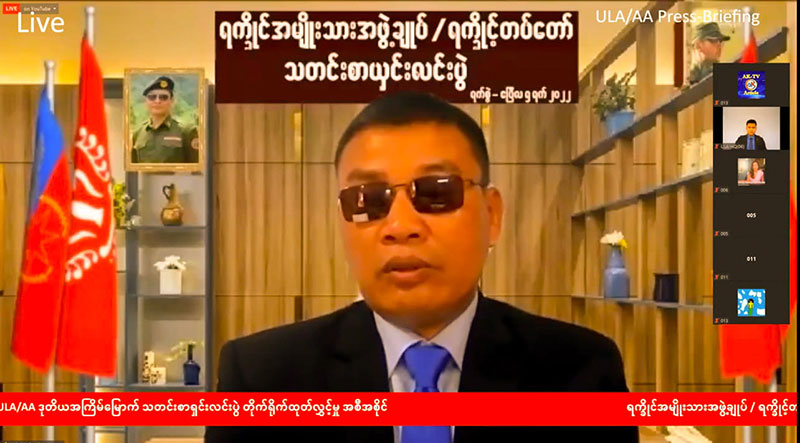
DMG Newsroom | April 5
In a wide-ranging press conference on Tuesday, the Arakan Army insisted it has a zero-tolerance policy when it comes to corruption; invited more Arakanese intellectuals to join its cause; and warned that conflict in Arakan State could flare anew if Myanmar’s military regime interferes in AA efforts to establish an administrative apparatus and judiciary separate from the junta’s own.
“The ULA/AA practises a zero-tolerance policy when it comes to abuse of power and corruption,” AA spokesman U Khaing Thukha said during Tuesday’s press conference, the second of what the ethnic armed group says will be a monthly occurrence. The United League of Arakan (ULA) is the political wing of the AA.
“We have to treat abuse of power and corruption as a cancer and prevent it while we are building a better future for our state and society,” U Khaing Thukha added.
“There are individuals and organisations that are committing dishonest acts in the name of our organisation. We will detain and investigate anyone suspected of committing such acts, and will take action against them if they are found guilty,” he said, claiming the aforementioned individuals and organisations were attempting to tarnish the AA’s image.
Turning to the ethnic armed group’s uneasy relations with Myanmar’s military regime, U Khaing Thukha said fighting is likely to resume if the junta disrupts ongoing AA administrative and judicial initiatives. The ULA has been working to establish a parallel administration in Arakan State, including a separate legal system, revenue department, security apparatus and other governing institutions.
The ULA’s judicial department received 3,838 cases last year and 1,845 cases in the first quarter of 2022, according to the organisation, which says some 1,900 cases from 2021 and 1,026 cases from this year have been handled so far.
But the regime has conducted raids and military operations near ULA courts in Kyaukphyu, Ramree and Taungup townships, the AA spokesman said on Tuesday.
“People are being threatened with legal action if they file a complaint with the United League of Arakan. We are monitoring the Myanmar military closely. There could be clashes with the Myanmar military and a series of armed conflicts in Arakan State if we lose tolerance,” he warned.
The Myanmar military and Arakan Army reached an informal ceasefire agreement in November 2020, after some two years of deadly and devastating conflict in Arakan State and neighbouring Chin State. Renewed hostilities have taken place only twice since then: in Maungdaw Township in November of last year, when the two sides briefly exchanged fire, and again in Maungdaw in February.
Following Tuesday’s press conference, DMG made multiple attempts to obtain comment from junta spokesperson Major-General Zaw Min Tun, as well as Arakan State Security and Border Affairs Minister Colonel Kyaw Thura, but they could not be reached.
With the AA/ULA growing in influence since the end of their war with the Myanmar military, U Khaing Thukha said the organisations were looking for more talent to bolster their ranks.
“The Arakan Army provides the necessary administrative and legal training for young people. In some places where there are a lot of applicants, such applications are carefully selected. But on the other hand, the participation of educated young and middle-aged people in the Arakan Army has not yet reached our satisfaction,” he said.
Ko Kyaw Naing Htay, a youth of Sittwe, said there was a competition afoot in Arakan State, with human resources being sought by both the AA/ULA and Myanmar’s military regime.
“We hope that young people will be ready to take on any role they want,” he said. “But the incumbent government is also recruiting educated young people, so we have to compete. Just as the regime employs Arakanese educated youth in government machinery, so does the ULA/AA.”




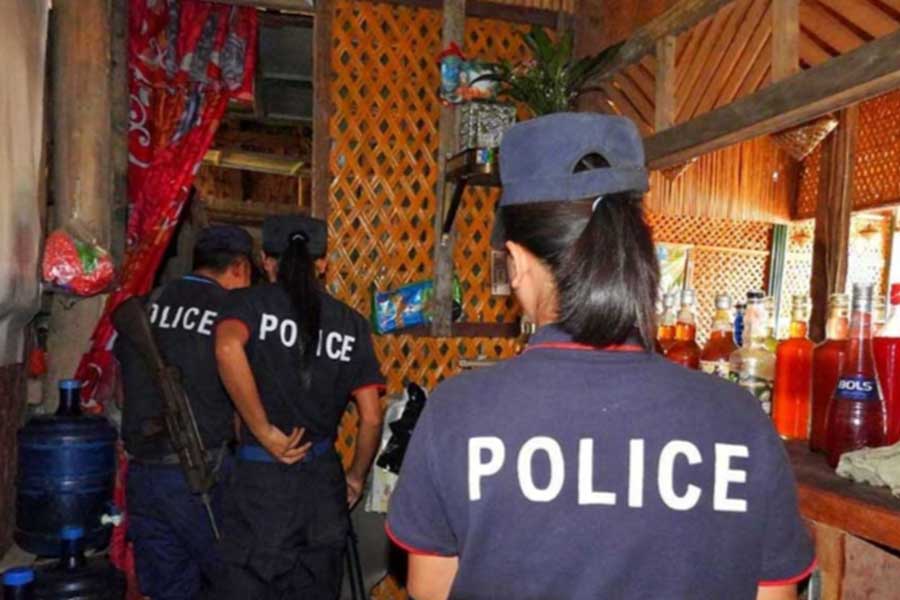
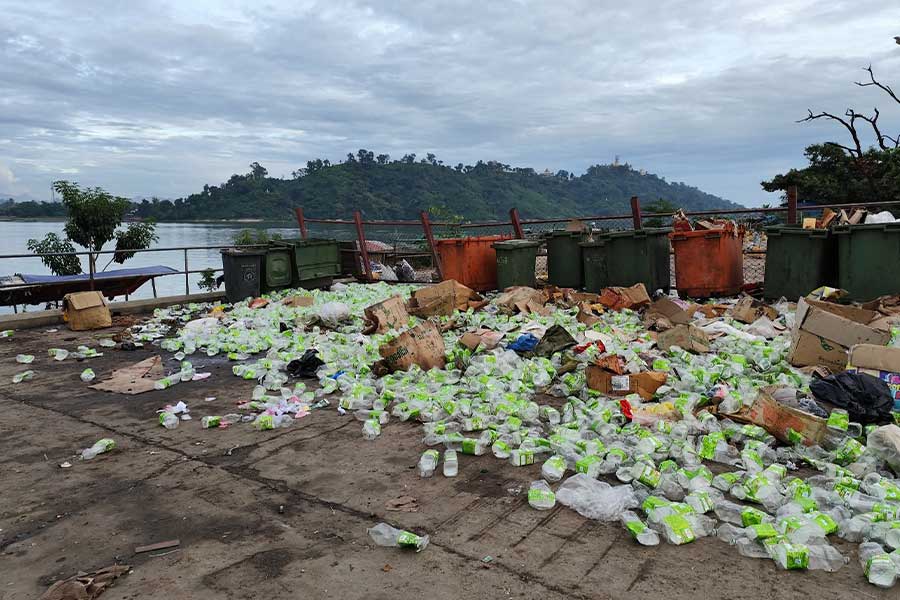
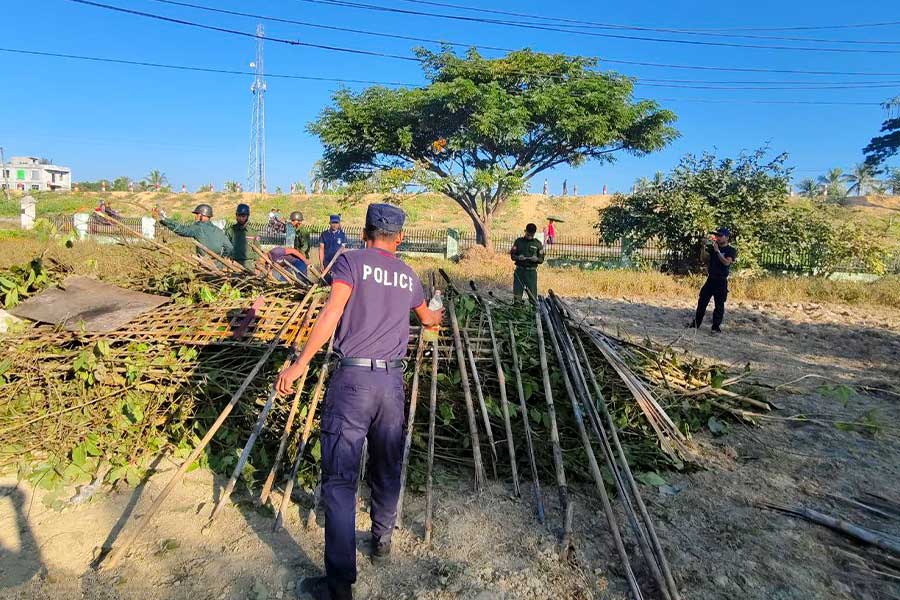
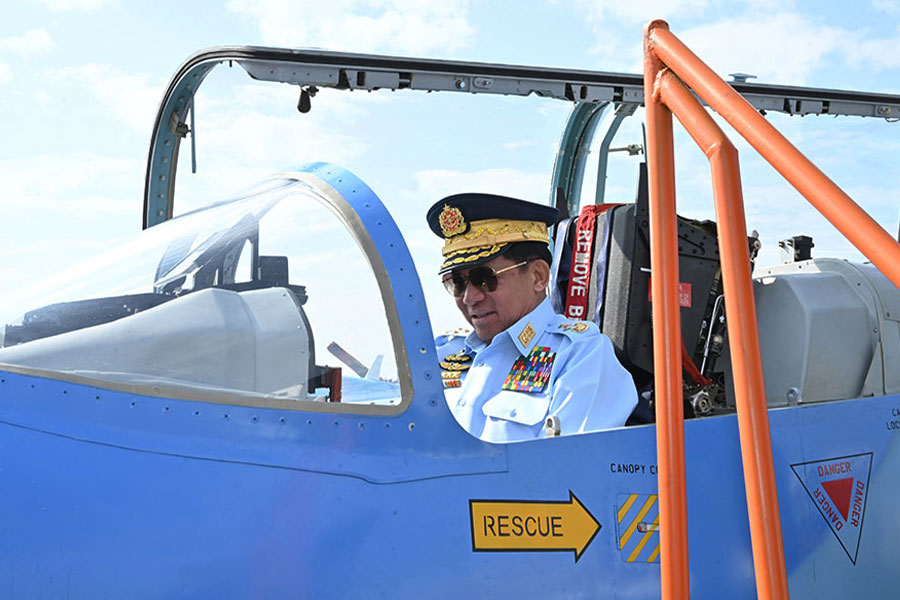
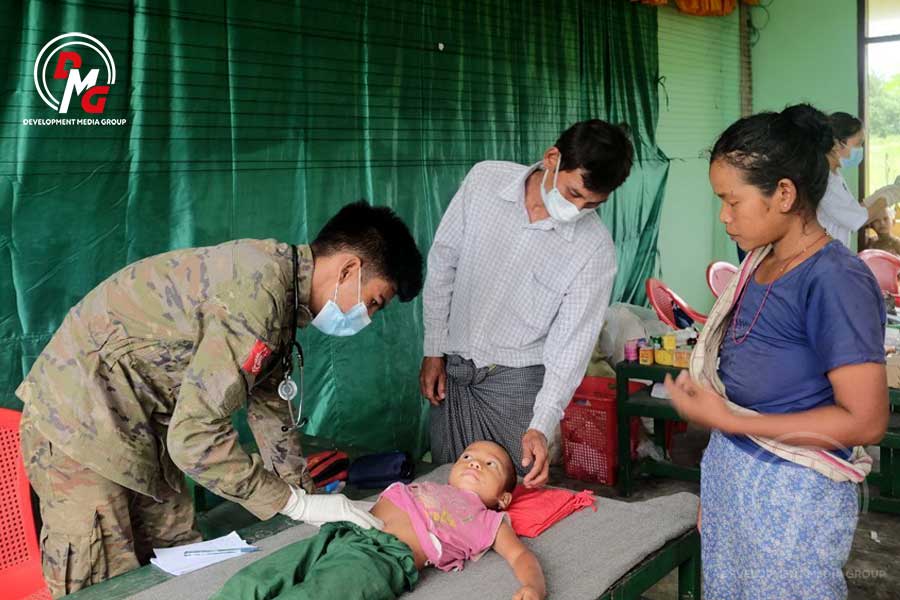






.jpg)

